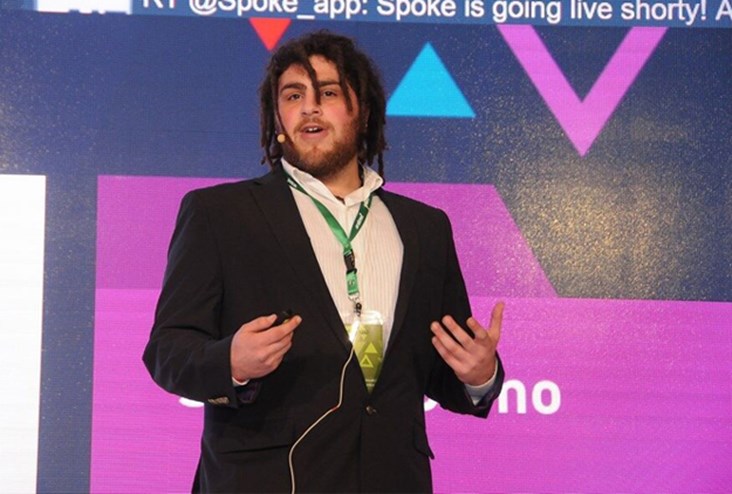
Dustin Hoffman’s portrayal of an autistic savant in Rain Man did a lot to raise awareness of this condition. However, it also created the misconception that autism equals special skills and talents.
In reality, most autistic children suffer from their condition, have no special talent, struggle with everyday tasks like handling money and budgeting, and, in many cases, never learn to speak.
With this is mind, Lebanese appreneur Emile Sawaya set out to develop ReAble, an e-wallet app that helps people with cognitive challenges manage their finances. His app won first prize at the recent 2015 BDL Accelerate, and he was also among the winners of the Startup Demo at ArabNet Beirut 2016.
No More Short-Changed Consumers
Sawaya conducted extensive research and explored issues faced by students, parents, carers, and medical staff at CARE Lebanon, an NGO for young adults with cognitive challenges, managed by his aunt, Rana Sawaya.
She explained that with proper intervention on different levels, many of these individuals can work around difficulties like personal care, problem solving, and following rules. “However, money management remains a difficult [issue] since it is an abstract concept that requires many prerequisites such as counting skills, comparing, estimating, and problem solving, to name a few.”
The aim for Sawaya was to strike a balance between monitoring users while also granting them independence.
The e-wallet helps users calculate how much of a certain budget remains (budget management). It assists them with transactions and tells them which notes to use to pay, and which ones to expect when getting change. Users are also able to categorize their expenditures by type, e.g. transport, groceries, clothing, etc.
Based on the recommendations of experts and psychologists, the app divides instructions into small manageable tasks with simple instructions. On the UX end, it contains no scrolling functions or animation, and buttons are designed with certain shapes, using only certain colors.
Sawaya notes that some users won’t be able to simply use the app and go to the shop, but will need some financial education, which is also included in the app.
Tackling a Global Challenge
Sawaya is well aware of the challenges autistic individuals face in their day-to-day lives: “My younger brother is autistic. He is 12 years old, so I know the issues, how he can be challenged by simple things. I looked at my brother and thought: in six years’ time how independent will he be?”
The fact that at least 3% of the world population faces similar cognitive challenges, added to his motivation.
At present ReAble is operating in six care centers between Lebanon and Canada, with a total of 3,000 patients, but also has a footprint in Europe, the US, and Malaysia.
“The scope is around 200 million users as it includes families – personally, I would put my money into a bank that enables my brother to operate a user friendly account.”
Monthly subscription rates are at $6 per user at a care center and $5 for individual users.
Making ReAble Sustainable
ReAble emerged out of a Bootcamp held at AltCity in August 2015. Sawaya first considered a hardware appliance to mount on a mobile phone, then came up with the ReAble wallet.
Along the way, he met his co-founder Paul Safi, who is blind, and together they explored the possibility of making the application also useful to the visually impaired.
After identifying the necessary talent needed to start, Sawaya secured angel investors, which allowed him to start working on the app with Safi, using OpenSource technology.
There are now seven members on the ReAble team, including three developers.
The app is currently in its Beta phase with a limited amount of subscribers, and the official launch is expected in 2 months. New users will be able to benefit from a free trial period before opting to subscribe to the service.
In partnership with Care Lebanon, ReAble is also developing a special dashboard overview of students’ performances and with lesson plans.
At the same time, Carlton University (Canada) is conducting a study and helping ReAble through its business incubator, as well as with the psychology and usability aspects of the app.
See related: Lebanese App Gives Sight (Almost) to the Visually Impaired
Latest Business
Intelligence Report














